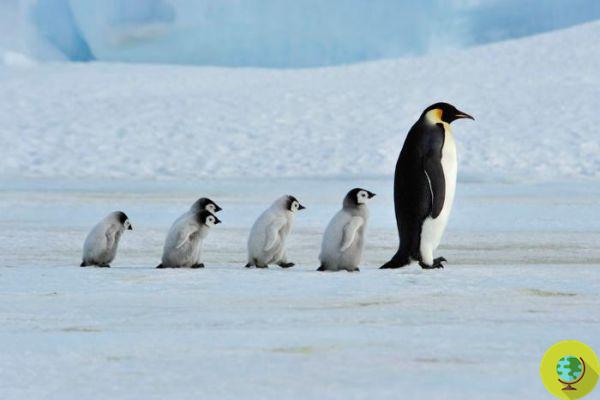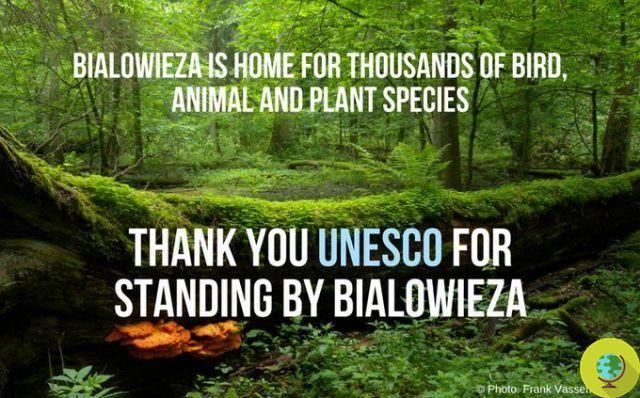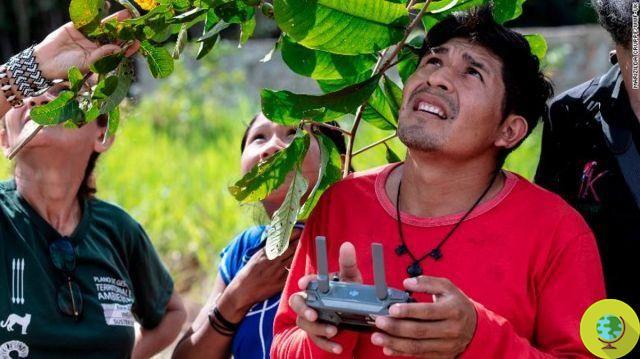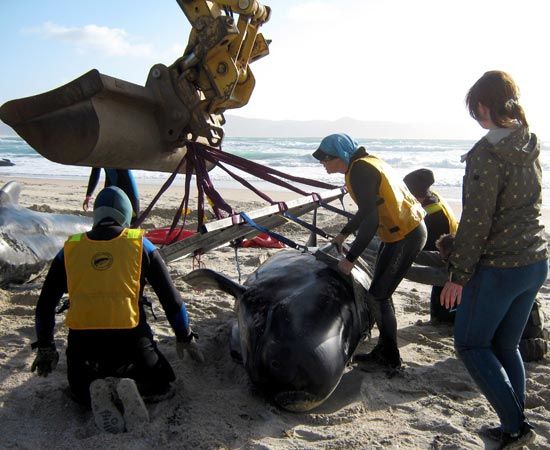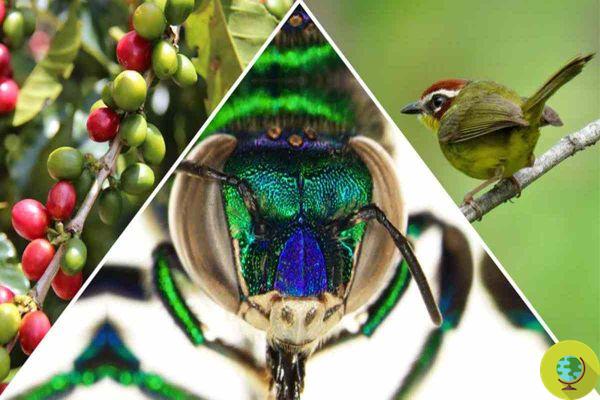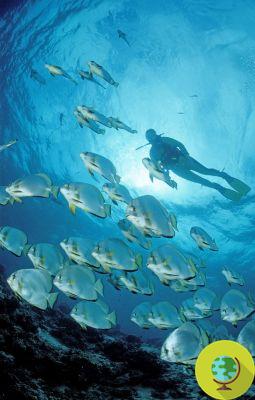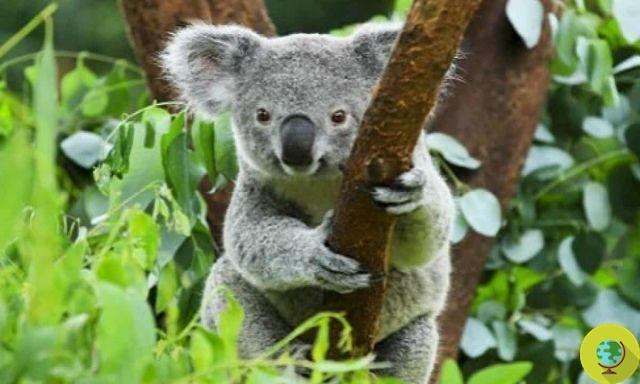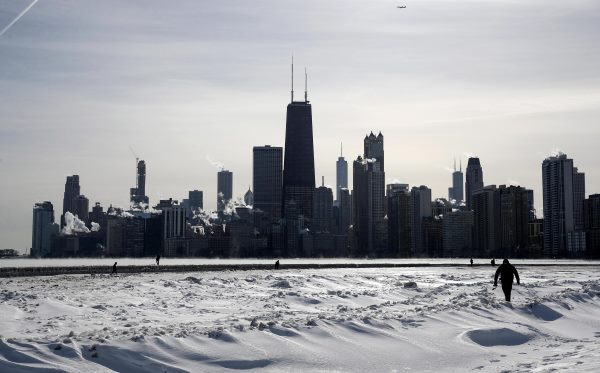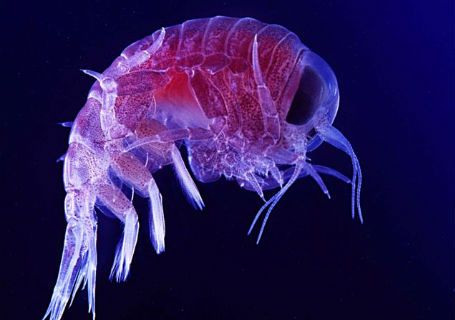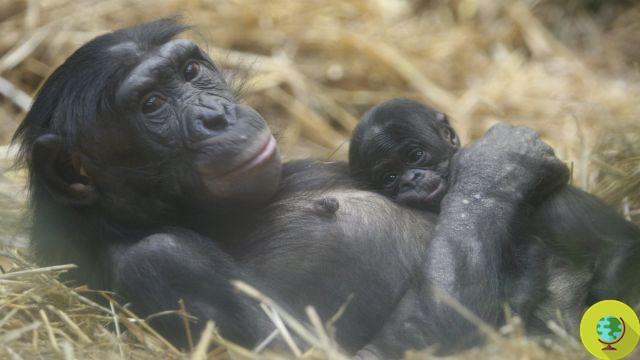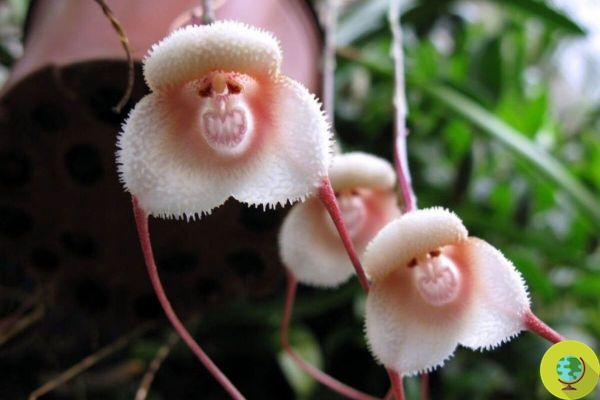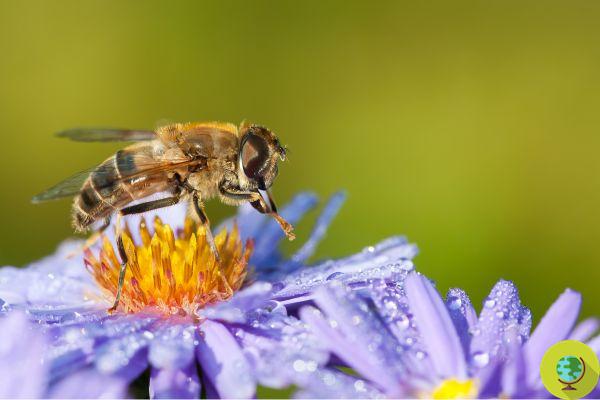
Current European policies are not doing enough to protect bees, bumblebees and wild bees that are increasingly declining from pesticides.
He is about to end up run over, his mother saves himCurrent European policies are not doing enough to protect bees, bumblebees and wild bees increasingly in decline due to pesticides. And the Member States are pushing to further reduce the safeguards. To establish this, in a report, is the European Court of Auditors according to which, in fact, the laws are insufficient to safeguard pollinators.
In recent days, a permanent meeting of the Committee on Plant Protection Products has met to discuss the Bee Guidance Document, a 2013 document that is supposed to protect pollinators, but whose text has never been approved by the Member States of the European Union which indeed on the contrary, they try in every way to bypass and bury everything.
According to rumors, the European Food Safety Authority (EFSA) would have offered member states four options on the future of the document to protect pollinators, but all would go towards the cancellation of the Bee Guidance Document.
The European Commission estimates that nearly € 15 billion of annual EU agricultural production is attributed to pollinators such as bees, wasps, butterflies, moths and beetles. However, their numbers have been declining for years. We have been talking about the causes for some time: pesticides, habitat loss, pollution, intensive agricultural management practices, climate change and invasive alien species. A lethal mix especially for bees, the most important insects on the planet.
If you don't reduce the use of pesticides for bees, it will be too late
"Pollinators play an essential role in plant reproduction and ecosystem functions and their decline should be seen as a major threat to our environment, agriculture and quality food supply," said Samo Jereb. member of the team in charge of reviewing the report. "The EU initiatives taken so far to protect wild pollinators have sadly been too weak to bear fruit," he added.
The reviewers pointed out that the 2018 guidelines did not lead to major changes in key policies because they did not set up a legal framework or specific funds for pollinator protection. Furthermore, the report indicates that only 22 of the 5065 funded projects for the environment and climate action (LIFE) in the period 1992-2018 were specifically aimed at addressing the decline of these insects.
According to Martin Dermine, head of environmental policy at PAN Europe, the report confirms "The schizophrenic attitude" already shown by the Commission on this issue.
"On the one hand, millions of euros are spent on helping farmers plant flowers or replant hedges along their fields to help restore biodiversity, on the other hand, billions are spent on the CAP to support intensive agriculture - which is the main cause of the massive decline in bee populations, ”Dermine said.
The BeeLife association has stated that the CAP, which is currently undergoing reform, can be shaped differently so that European agriculture can both protect and benefit from pollinators.
? We welcome the @EUauditors report on the protection of #EUPollinators & take note ✍️
Reversing the decline of wild pollinators ? is essential
Our action to protect them is expanding with ?? #EUBiodiversity #EUFarm2Fork & our #ZeroPollution ambitionhttps://t.co/xZYJ1HUcig pic.twitter.com/Sicg3hXJJp
— EU Environment (@EU_ENV) July 9, 2020
The fact that there are legal gaps in European pesticide legislation is certainly nothing new. For the auditors there are 'risk assessments based on outdated guidelines and poorly aligned with legal requirements and the latest scientific knowledge'.
Consequently, Member States continue to grant emergency authorizations for banned pesticides which are harmful to pollinators and to humans. Recall that between 2013 and 2019, Member States granted around 206 emergency authorizations for the use of three neonicotinoids - imidacloprid, thiamethoxam e clothianidin - although their use was restricted in 2013 and banned for outdoor use in 2018.
Bee killer pesticides are banned but continue to contaminate European fields
In 2018, the commission had to ask Bulgaria, Hungary, Lithuania and Romania to stop granting authorizations for these three neonicotinoids, now it aims to reduce the use of chemical pesticides by 50% and reduce fertilizers by 20% by 2030. But for now, pollinators are increasingly at risk.
Source: Protection of wild pollinators in the EU / European Court of Auditors
Read also:
- Wild bees are also facing a new pandemic, due to a fungal parasite
- 50 million bees have died from pesticides in Croatia
- 400 thousand bees burned in Herculaneum: an ignoble gesture against the most important insects on the planet







